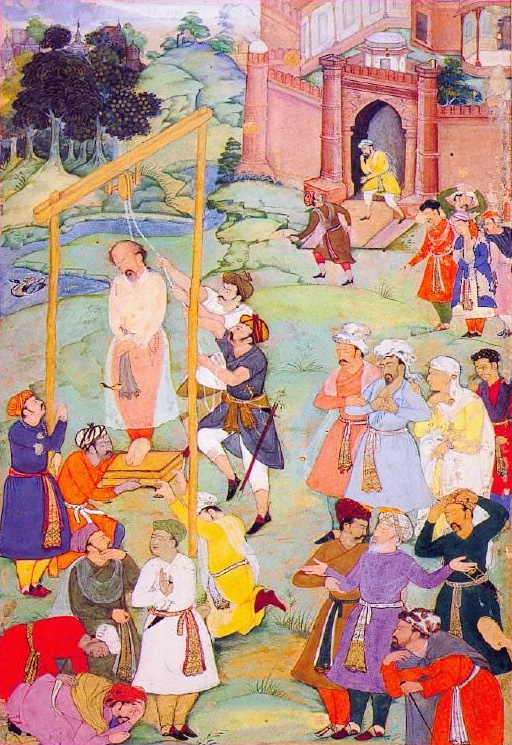 |
| Sohrab Sepehri. Source: Wikipedia Persian |
A few day ago I found Sohrab Sepehri's (1928-1980) facebook page. He is a popular Persian poet, well known in Iran.
Personally for me, his poetry is sublime and easy to understand. I thought it's a good idea to translate some of his prose work.
مرد بقال از من پرسید
چند من خربزه می خواهی؟
من از او پرسیدم
دل خوش سیری چند؟
The trader questioned,
"How many melons do you want?"
I questioned,
"How many will make my heart full?"
***
زندگی ، سبزترین آیه ، در اندیشه برگ
زندگی، خاطر دریایی یک قطره، در آرامش رود
زندگی، حس شکوفایی یک مزرعه، در باور بذر
زندگی، باور دریاست در اندیشه ماهی، در تنگ
زندگی، ترجمه روشن خاک است، در آیینه عشق
زندگی، فهم نفهمیدن هاست
زندگی، خاطر دریایی یک قطره، در آرامش رود
زندگی، حس شکوفایی یک مزرعه، در باور بذر
زندگی، باور دریاست در اندیشه ماهی، در تنگ
زندگی، ترجمه روشن خاک است، در آیینه عشق
زندگی، فهم نفهمیدن هاست
Life - the greenest leaf in the [tree of] thought
Life - the thought of a drop in a calm river
Life - a sowed thought in a beautiful farm
Life - What a fish thinks of ocean when death nears
Life - a metamorphosis of [dark] clay into light
LIFE - KNOWLEGE THAT CAN'T BE KNOW
***
صدا كن مرا صدا كن مرا
صداي تو خوب است.
صداي تو سبزينه آن گياه عجيبي است
كه در انتهاي صميميت حزن مي رويد.
در ابعاد اين عصر خاموش
Call Me! Call Me!
Your Call is (the most) beautiful.
Your call is of an unknown plant
that shakes in solemn intimacy.
(but) it can't be heard in this (physical) world
***
پشت هيچستانم.
پشت هيچستان جايي است.
پشت هيچستان رگ هاي هوا، پر قاصدهايي است
كه خبر مي آرند، از گل واشده دورترين بوته خاك.
No-where is behind me.
Behind No-where is a place.
Behind No-where, the weather is uncanny.
(this) news has come from the most beautiful flower present at the furthest edge
***
Life - a sowed thought in a beautiful farm
Life - What a fish thinks of ocean when death nears
Life - a metamorphosis of [dark] clay into light
LIFE - KNOWLEGE THAT CAN'T BE KNOW
***
صدا كن مرا صدا كن مرا
صداي تو خوب است.
صداي تو سبزينه آن گياه عجيبي است
كه در انتهاي صميميت حزن مي رويد.
در ابعاد اين عصر خاموش
Call Me! Call Me!
Your Call is (the most) beautiful.
Your call is of an unknown plant
that shakes in solemn intimacy.
(but) it can't be heard in this (physical) world
***
پشت هيچستانم.
پشت هيچستان جايي است.
پشت هيچستان رگ هاي هوا، پر قاصدهايي است
كه خبر مي آرند، از گل واشده دورترين بوته خاك.
No-where is behind me.
Behind No-where is a place.
Behind No-where, the weather is uncanny.
(this) news has come from the most beautiful flower present at the furthest edge
***
به سراغ من اگر مي آييد،
نرم و آهسته بياييد، مبادا كه ترك بردارد
چيني نازك تنهايي من.
نرم و آهسته بياييد، مبادا كه ترك بردارد
چيني نازك تنهايي من.
If you come to my dwelling
Come quietly and calmly;
So that my intricate silence
doesn't shun asunder.


